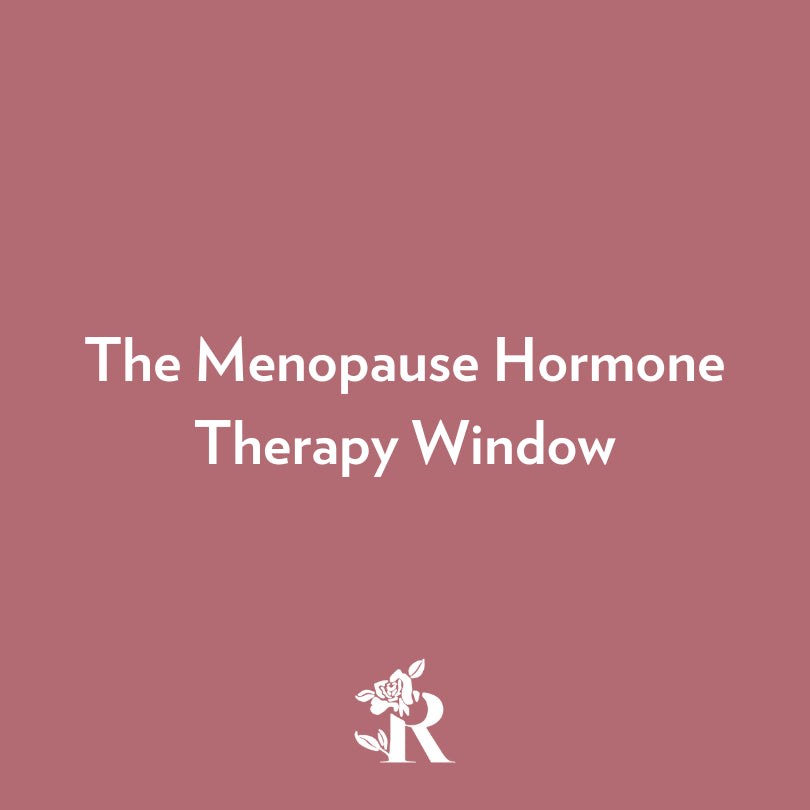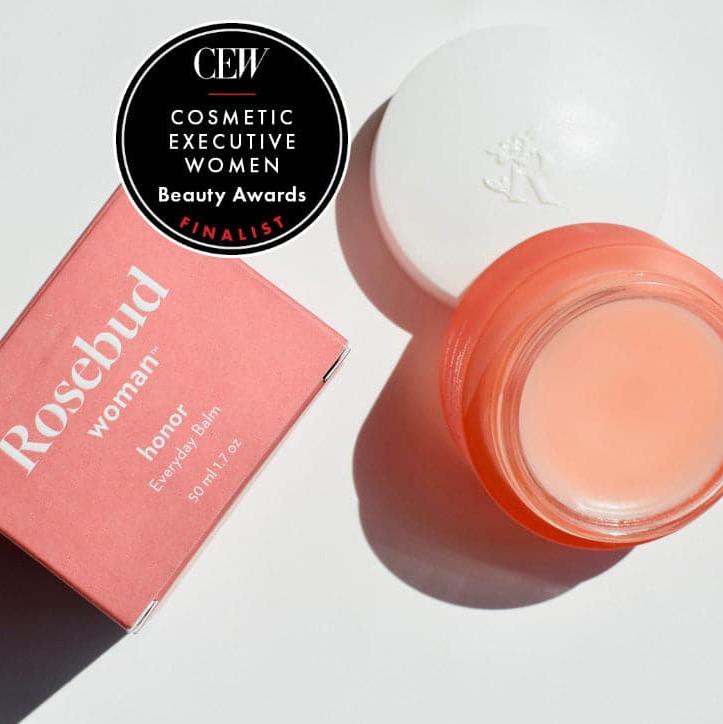The Menopause Hormone Window: Understanding the Optimal Timing for Hormone Replacement Therapy
Menopause is a natural biological process that marks the end of a woman's menstrual cycles and fertility. It is typically characterized by a drop in hormone levels, particularly estrogen and progesterone, which can lead to a variety of symptoms, such as hot flashes, night sweats, mood swings, and vaginal dryness. Hormone replacement therapy (HRT) is often used to help alleviate these symptoms, but the timing of treatment can significantly impact its effectiveness and safety. The "menopause hormone window" refers to the optimal time frame for initiating HRT to maximize its benefits while minimizing potential risks.
The Menopause Hormone Window: The Basics
The menopause hormone window is a concept based on the idea that the timing of HRT initiation plays a crucial role in determining the benefits and risks associated with the treatment. This window typically begins at the onset of menopause and lasts for approximately ten years or until the age of 60. Women who start HRT within this window are believed to have a more favorable risk-benefit profile compared to those who initiate treatment later in life.
Benefits of HRT within the Menopause Hormone Window
Initiating HRT within the menopause hormone window can provide several benefits, including:
-
Relief from menopausal symptoms: HRT can help alleviate common symptoms such as hot flashes, night sweats, mood swings, and vaginal dryness, improving the quality of life for many women during this transitional period.
-
Bone health: Estrogen plays a vital role in maintaining bone density, and its decline during menopause can lead to an increased risk of osteoporosis. HRT can help preserve bone mass and reduce the risk of fractures.
-
Cardiovascular health: Some studies have suggested that starting HRT within the menopause hormone window may have a positive impact on cardiovascular health by reducing the risk of heart disease. This effect may be due to estrogen's role in maintaining healthy blood vessels and preventing the buildup of plaque.
Risks and Concerns
-
Breast cancer: Long-term use of certain types of HRT, particularly combined estrogen and progestin therapy, has been associated with an increased risk of breast cancer. However, this risk varies depending on the specific type and duration of HRT used.
-
Blood clots: HRT, especially oral estrogen therapy, can increase the risk of developing blood clots in the legs or lungs. This risk can be minimized by using alternative routes of administration, such as transdermal patches or gels.
-
Stroke: Some studies have suggested an increased risk of stroke associated with HRT, particularly in older women or those with additional risk factors. However, the overall risk remains relatively low, and individual risk factors should be considered when deciding on HRT.
The menopause hormone window is a critical concept to consider when deciding on hormone replacement therapy. Initiating HRT within this window can maximize its benefits, such as relief from menopausal symptoms and improved bone and cardiovascular health, while minimizing potential risks. However, an individualized approach is necessary to ensure that each woman's unique needs and risk factors are taken into account. By discussing their options with a healthcare professional, women can make informed decisions about HRT and navigate the menopause transition with greater confidence and comfort.
Alternatives to HRT
For women who are not candidates for HRT or prefer to avoid it, there are several alternatives available to manage menopause symptoms:
-
Lifestyle modifications: Adopting a healthy lifestyle, including regular exercise, a balanced diet, stress management techniques, and adequate sleep, can help alleviate some menopausal symptoms.
-
Over-the-counter remedies: Non-prescription treatments, such as phytoestrogens (plant-based estrogens), black cohosh, and vitamin E, may provide relief from certain symptoms like hot flashes and night sweats, although their efficacy varies among individuals.
-
Non-hormonal prescription medications: Some medications, such as selective serotonin reuptake inhibitors (SSRIs) and gabapentin, have been found to be effective in reducing hot flashes and other menopausal symptoms in some women.
In summary, the menopause hormone window is a valuable concept to consider when contemplating hormone replacement therapy. By initiating HRT within this window, women can potentially maximize the treatment's benefits while minimizing associated risks. However, individual circumstances, risk factors, and personal preferences must be considered to determine the most suitable approach for each woman. With the guidance of healthcare professionals, women can make informed decisions about HRT and alternative treatments, helping them successfully navigate the challenges of menopause and maintain their overall well-being.
Read more about hormone therapy here: https://www.menopause.org/for-women/menopauseflashes/menopause-symptoms-and-treatments/hormone-therapy-benefits-risks
Try Rosebud Woman's plant-based, intimate, hormone-free moisturizer, Honor Everyday Balm. Subscribe to save 15% on each order. Details here.
























